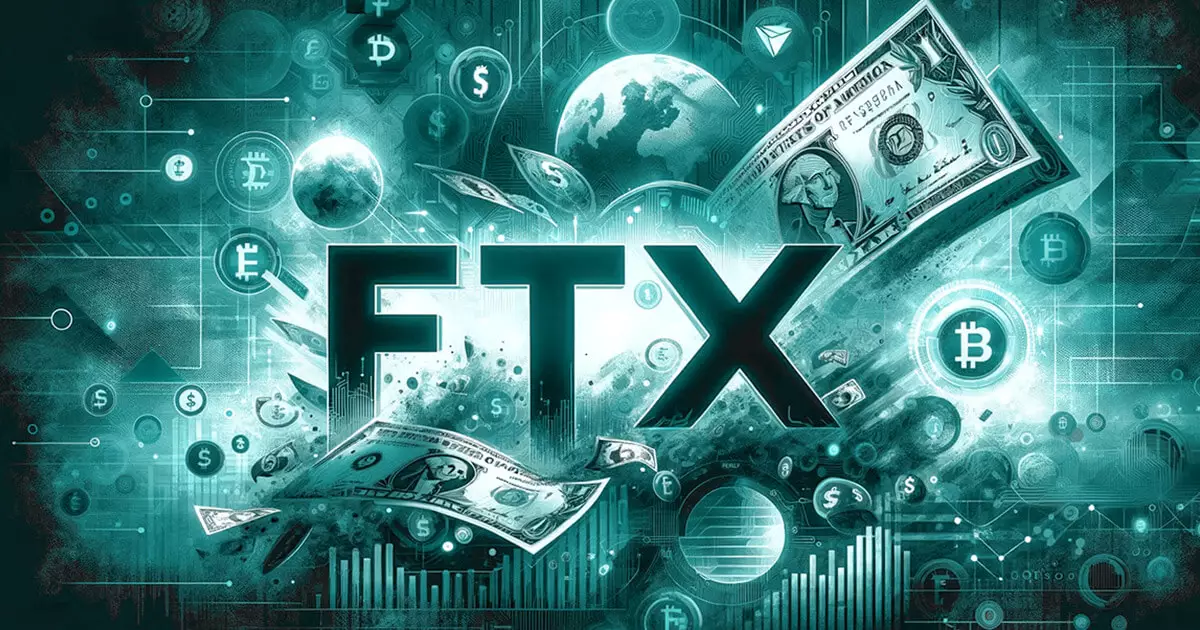Following the collapse of FTX, a new legal battle has emerged over the millions of dollars in assets seized from Sam Bankman-Fried (SBF), the former CEO currently serving a 24-year prison sentence. Multiple parties are now vying for control of these assets, which include airplanes, funds held at various banks, shares of Robinhood stock once owned by SBF, and even political contributions linked to FTX executives.
FTX debtors, along with the company’s Bahamian arm, FTX Digital Markets, have filed a petition in the Southern District Court of New York seeking control of the seized assets. They argue that they have the “superior right” to these assets and that the funds should be used to repay creditors. On the other hand, a group of FTX customers, represented by prominent crypto lawyers, is pushing for the assets to be returned directly to them, bypassing the bankruptcy process altogether.
The legal battle is shaping up to be complex, with each side presenting arguments regarding the legitimacy of their claims and the best course of action to recover lost funds. Judge Lewis Kaplan has yet to rule on either petition, leaving the resolution of the case up in the air. The outcome of this legal battle will have implications not only for FTX customers but also for the broader crypto ecosystem.
Ongoing Fallout
The fight over seized assets is just one aspect of the ongoing fallout from the FTX collapse. The bankruptcy case is still ongoing, with creditors expressing concerns about the proposed reorganization plan. Furthermore, sentencing for other former FTX executives who cooperated with prosecutors is still pending, adding another layer of complexity to the situation.
Implications for the Crypto Industry
The court’s decision on the seized assets will be closely watched, as it could impact the overall recovery rates for victims of the collapse and influence the long-term impact on the crypto industry as a whole. The outcome of this legal battle will set a precedent for how similar cases are handled in the future and could shape the regulatory environment for cryptocurrency exchanges moving forward.


Leave a Reply